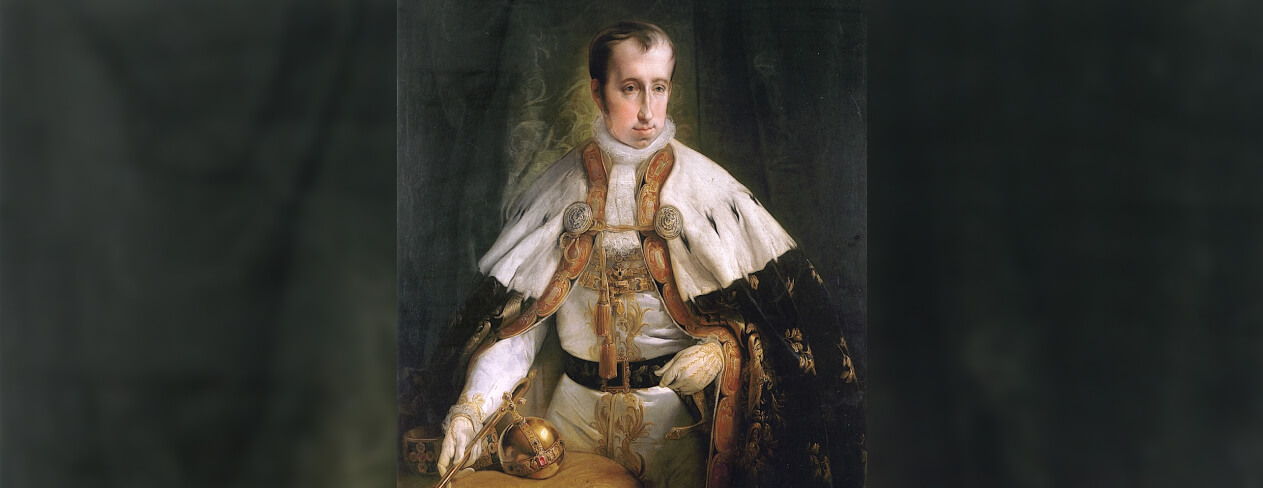
The retired Emperor Ferdinand I of Austria passed away on 29 June 1875. After being deposed by a group of loyalist conspirators in favour of his nephew Francis Joseph during the revolution of 1848, Ferdinand withdrew into a long and comfortable retirement in the Bohemian countryside.
On this occasion, let us break an unwritten rule and speak about money. Upon his abdication, Ferdinand handed over control of the court assets and family funds that could legally be managed only by the reigning monarch. However, he firmly retained the vast private fortune inherited from his father, Emperor Francis II/I — a sum traditionally intended to pass on to the next sovereign only after the predecessor’s death. Since abdication did not require him to forfeit this inheritance, Ferdinand remained in possession of it.
In addition to his immense private wealth, he also drew the largest retinue budget in the family — a monthly sum of 50,000 guilders — originally intended for a reigning monarch, which he refused to relinquish, again on legal grounds.
Under these circumstances, the wealthiest man in the Habsburg family was not the Emperor himself, but his retired uncle. Historians have speculated that the young Emperor’s frequent — though informal and unprotocolled — visits to Prague were motivated by hopes of securing financial support. Ferdinand, for his part, was far from eager to oblige and seems to have enjoyed playing hard to get.
He died in Prague at the age of 82 and was quietly buried in the Capuchin Crypt in Vienna.
Access to the Metatext via placing an order for an augmented product. See Terms of Use